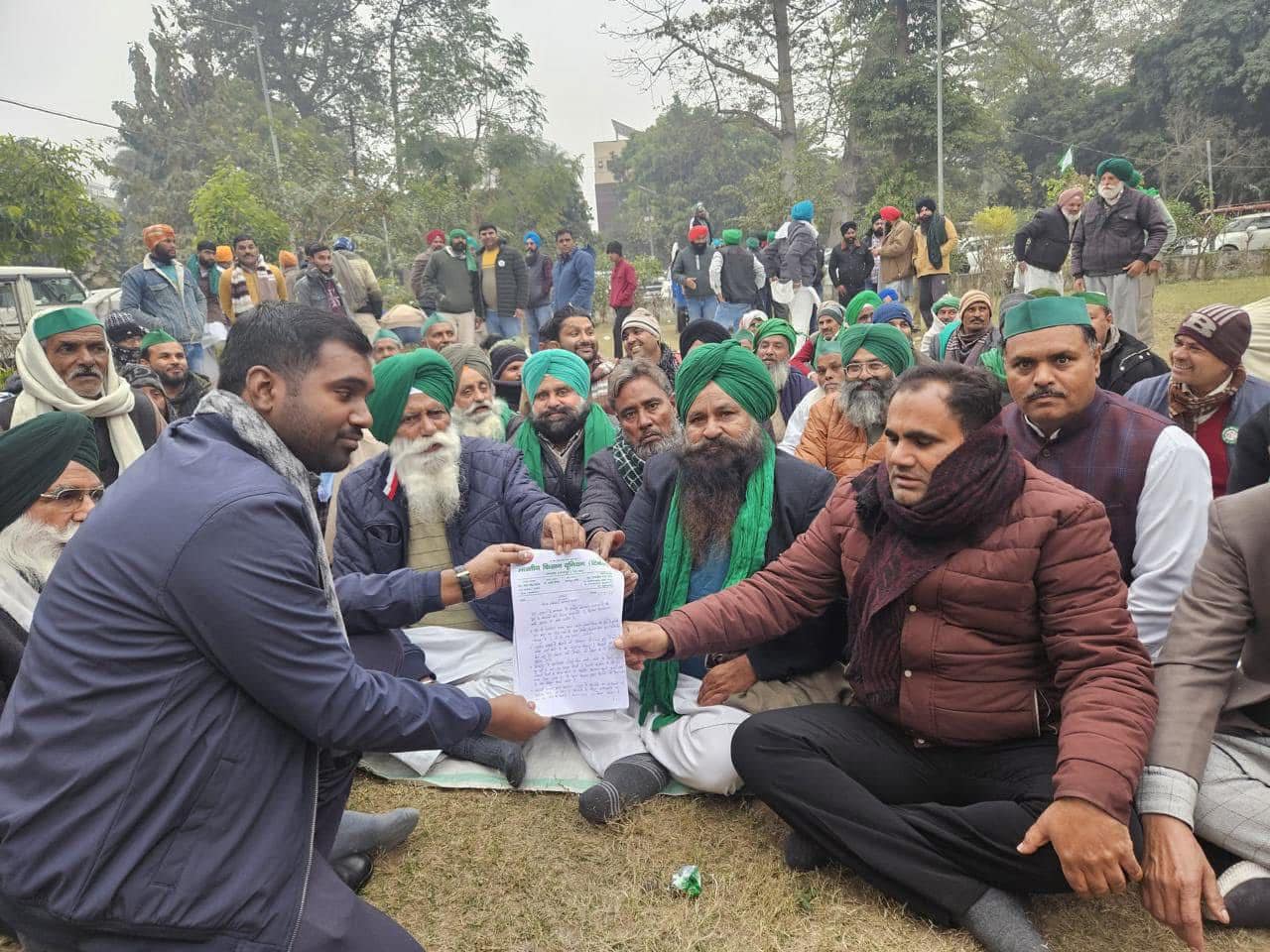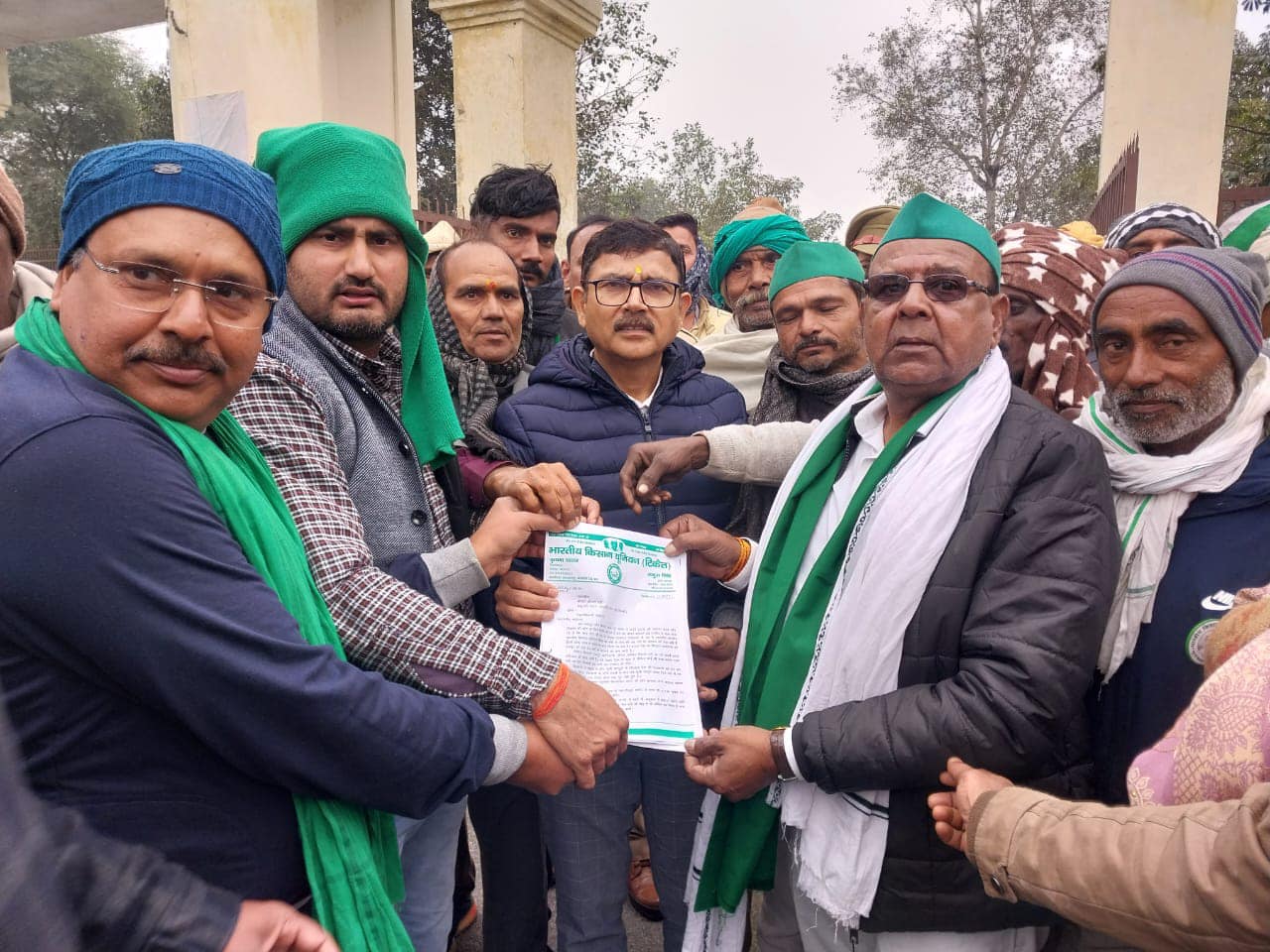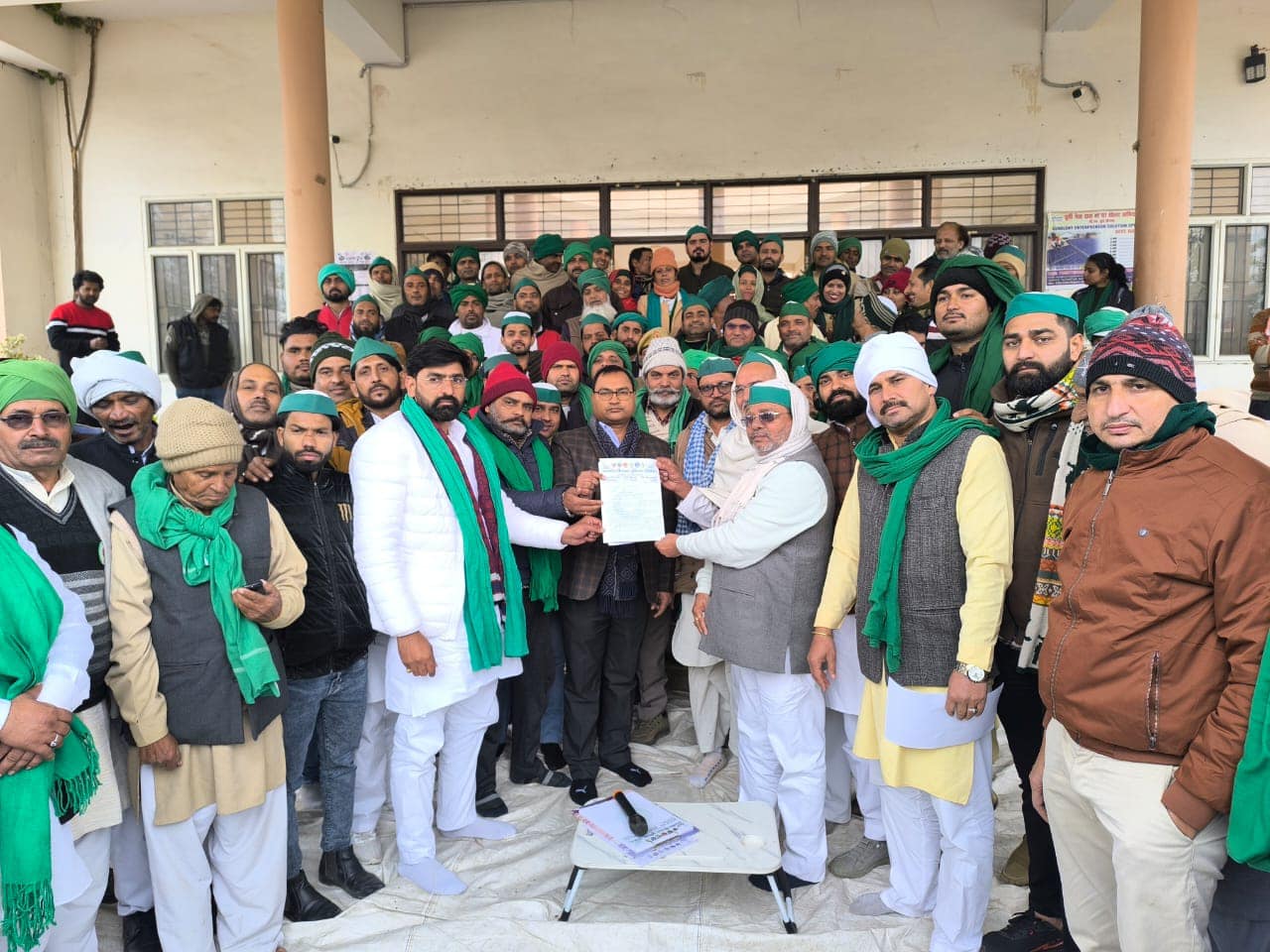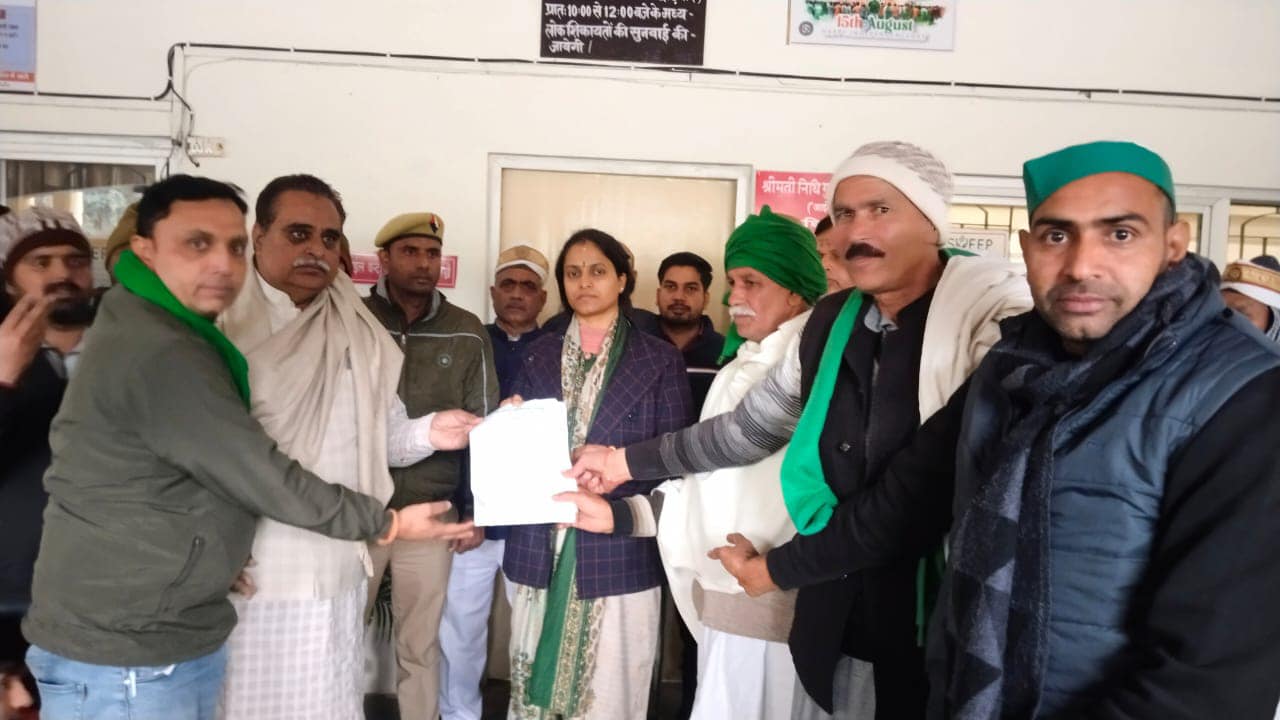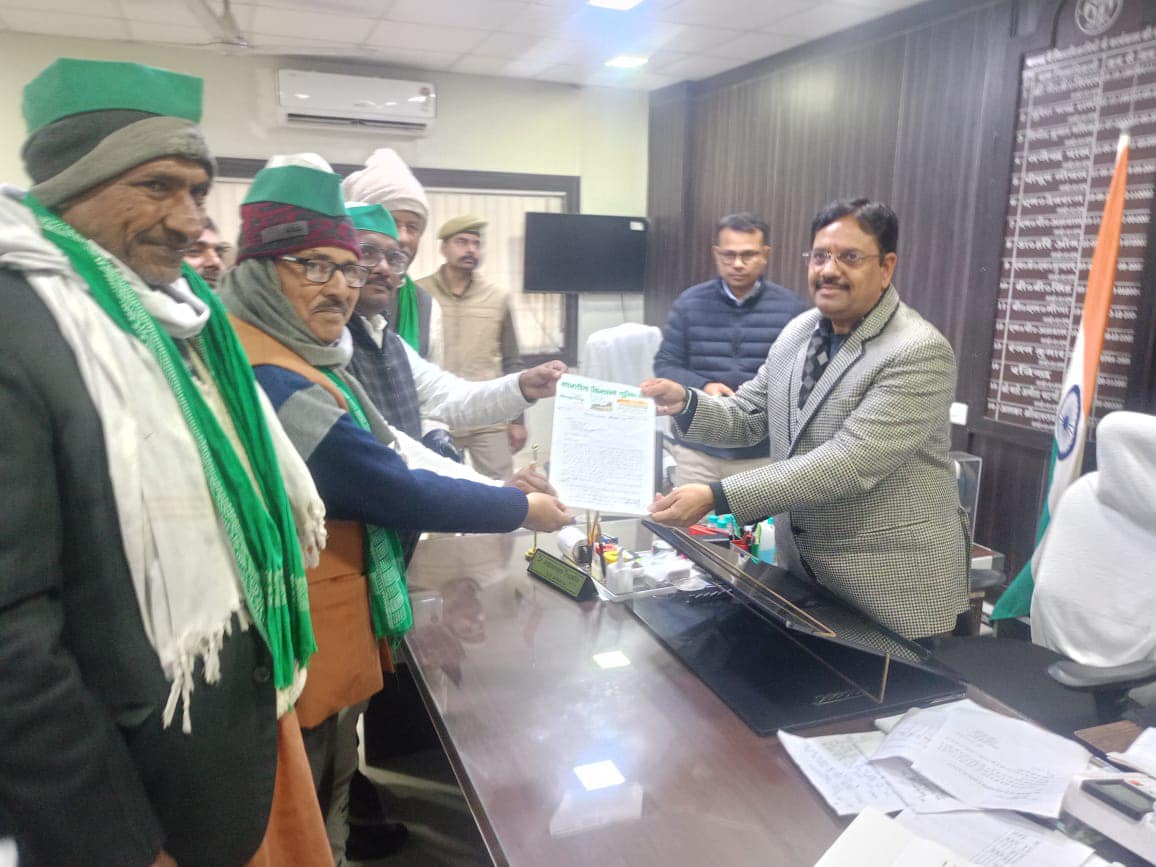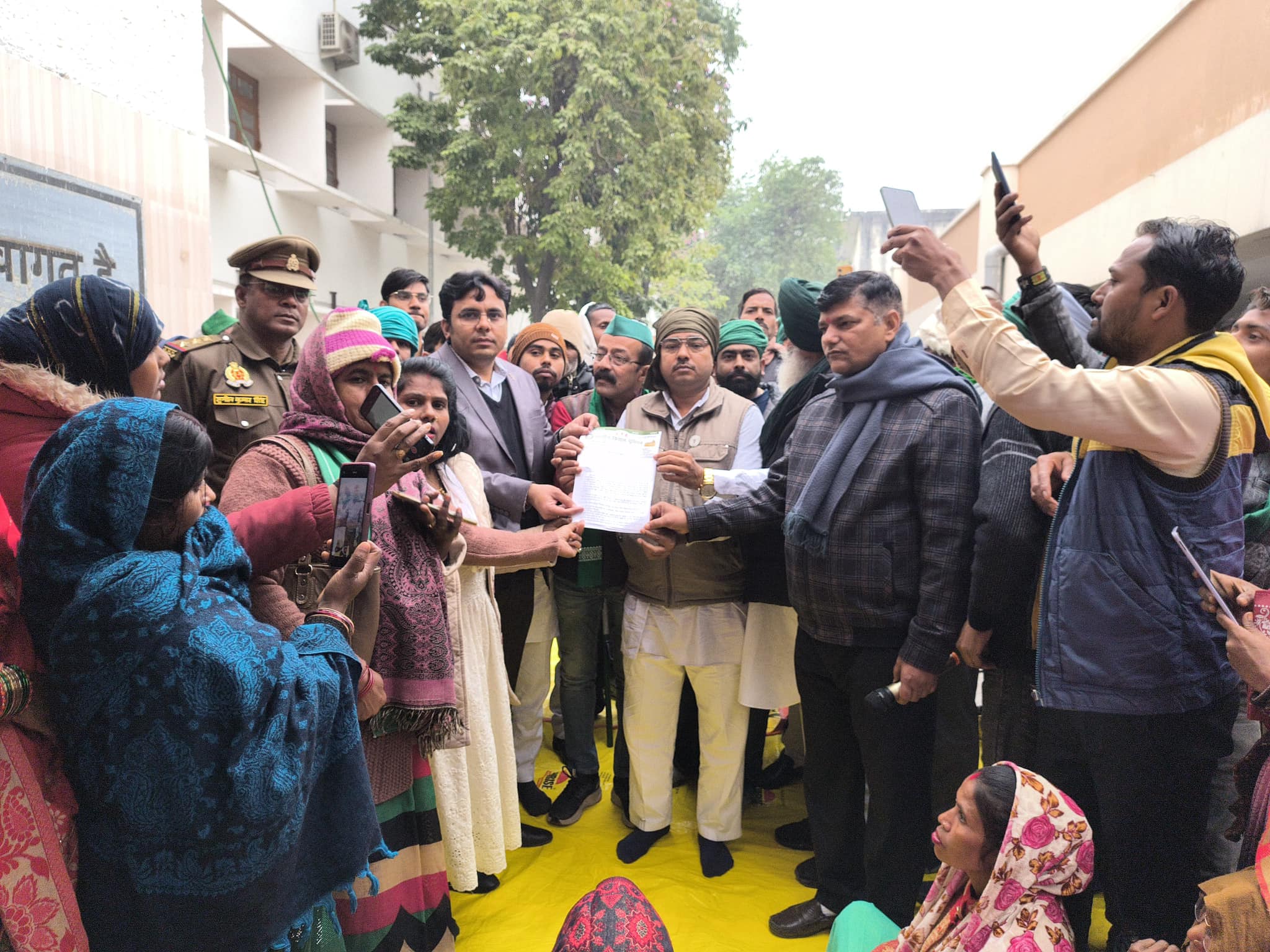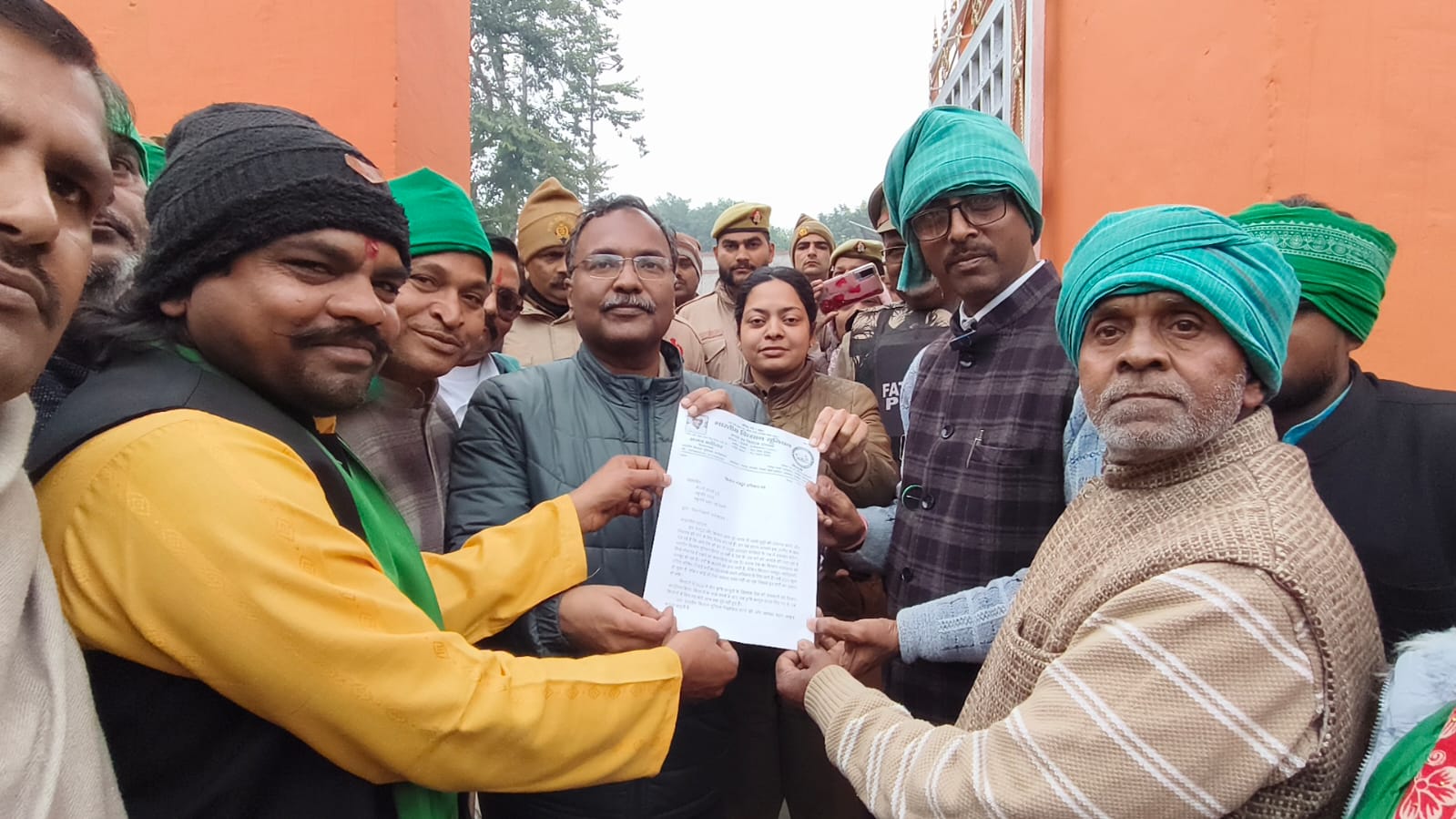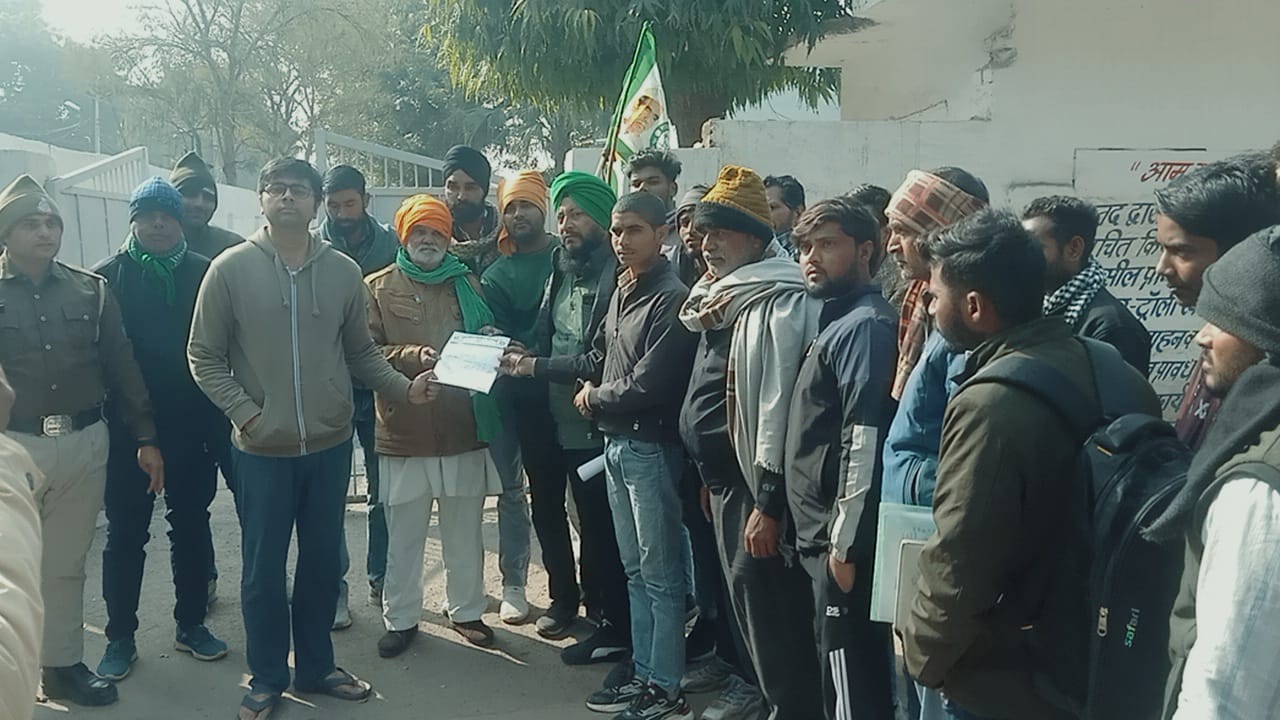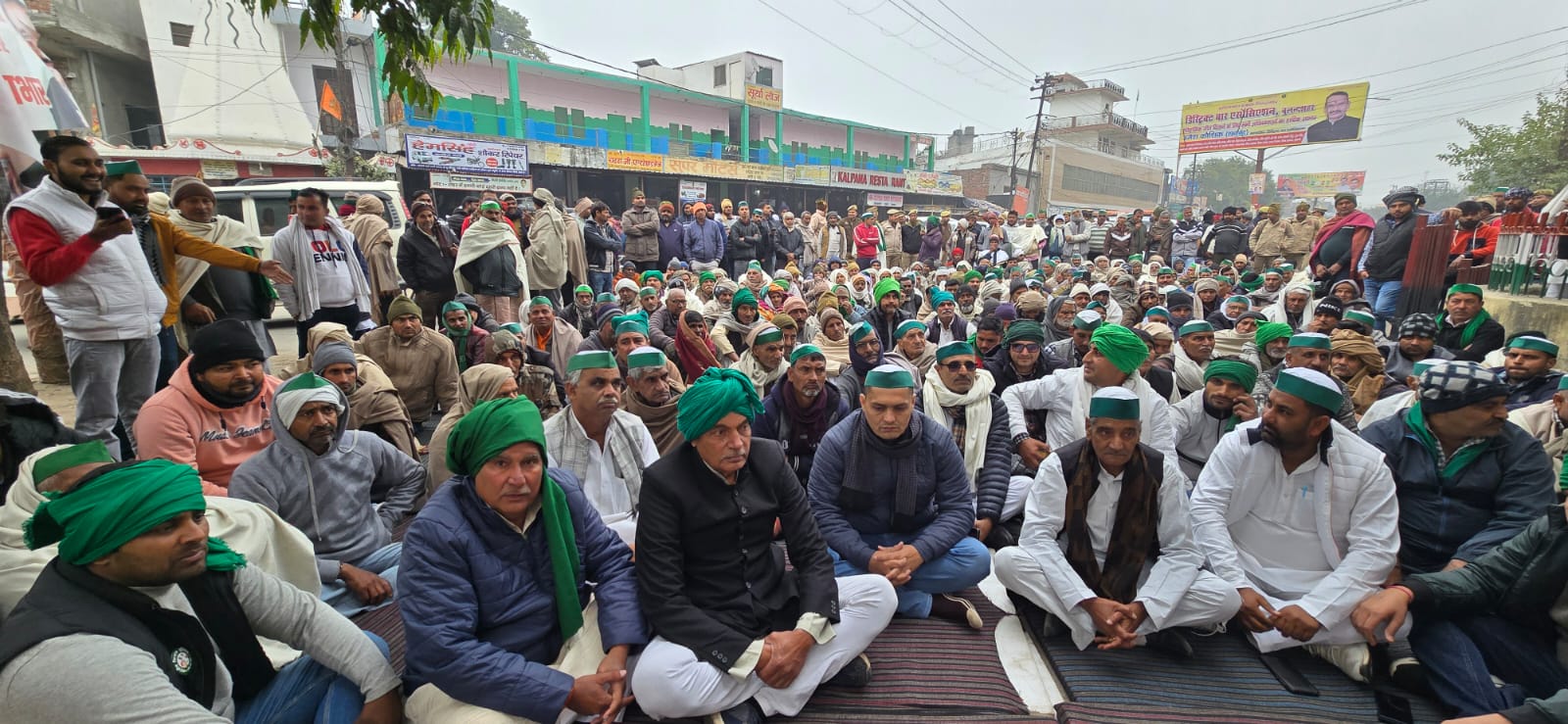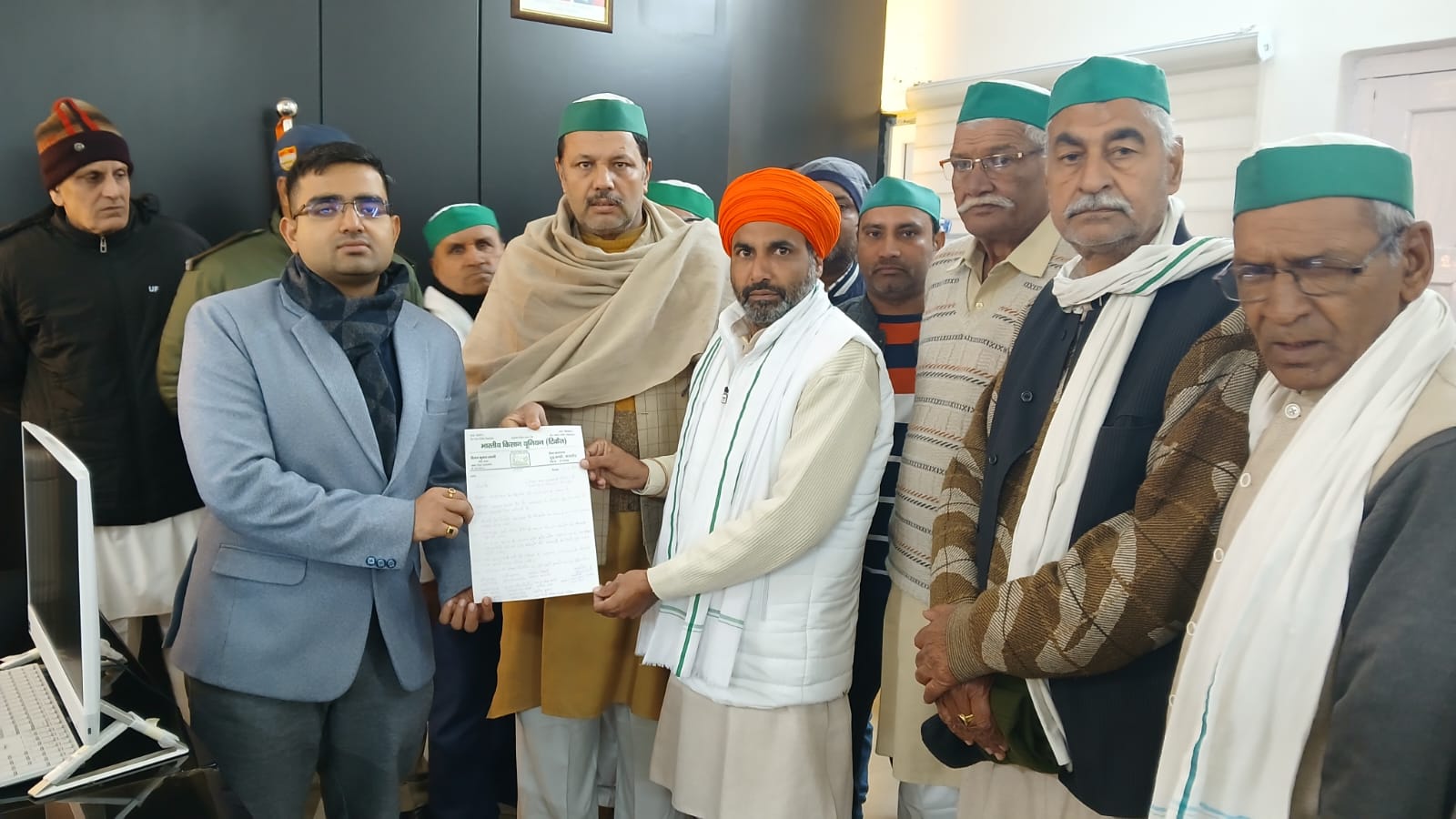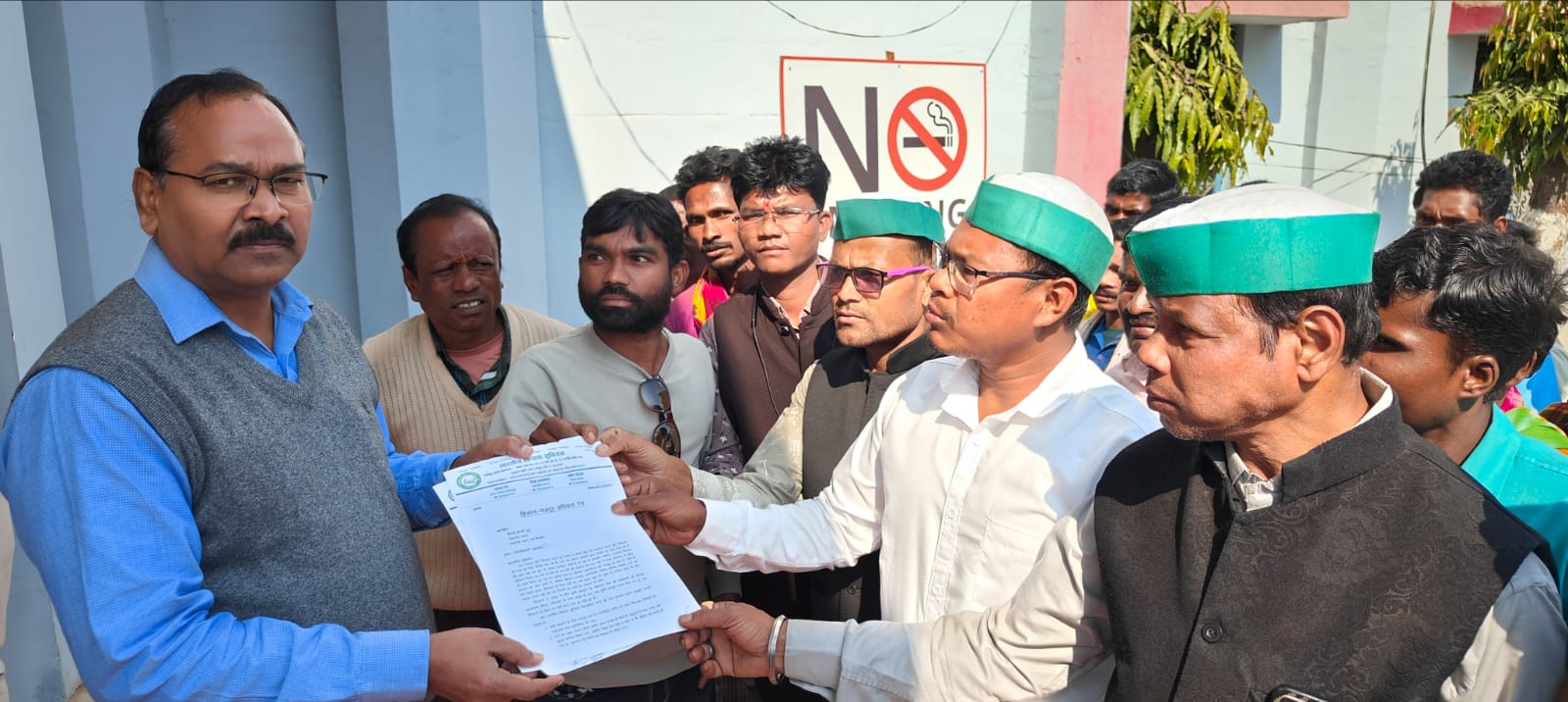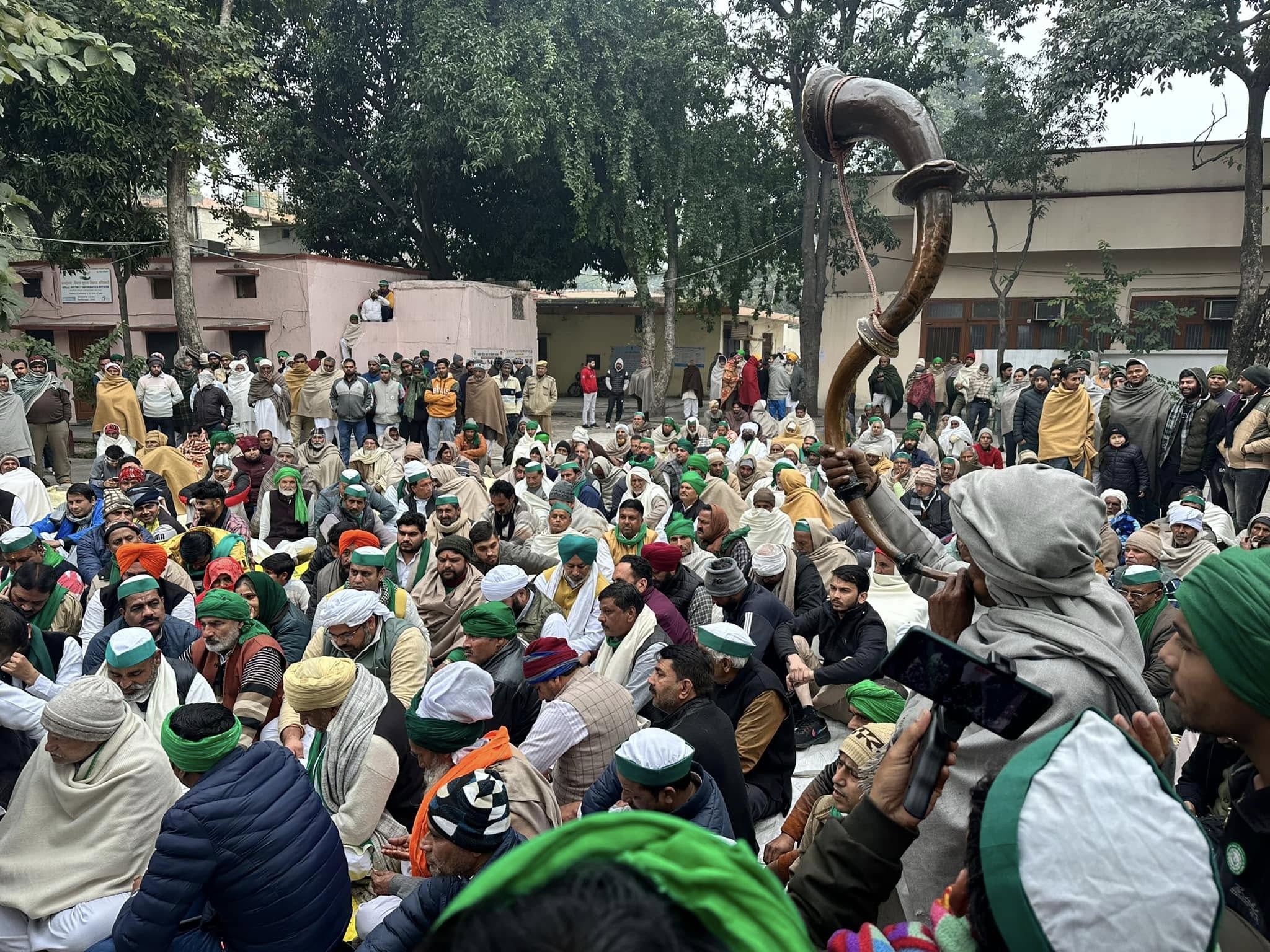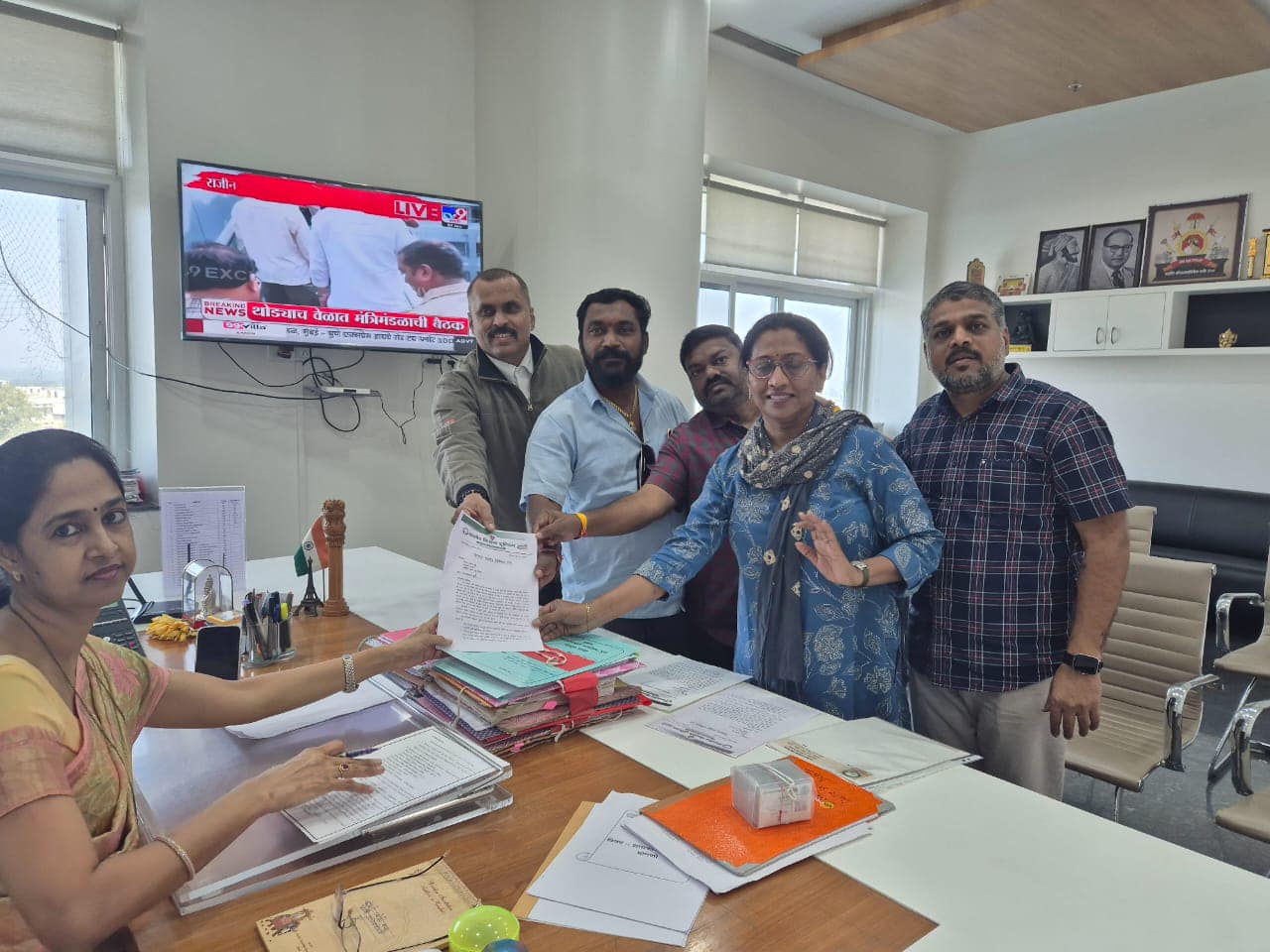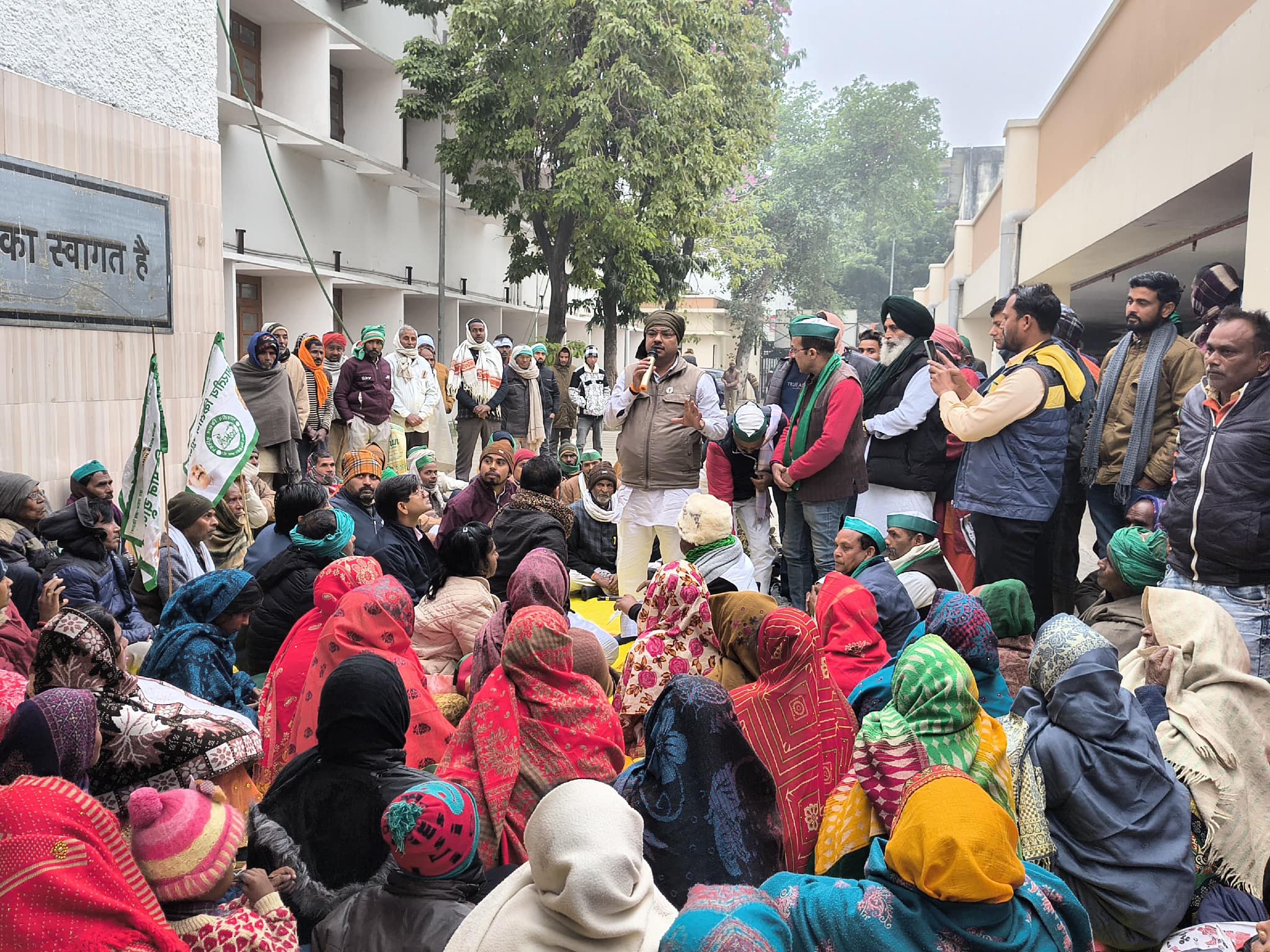India: Peasant Unions carry out nationwide campaign demanding legal guarantee for Minimum Support Price
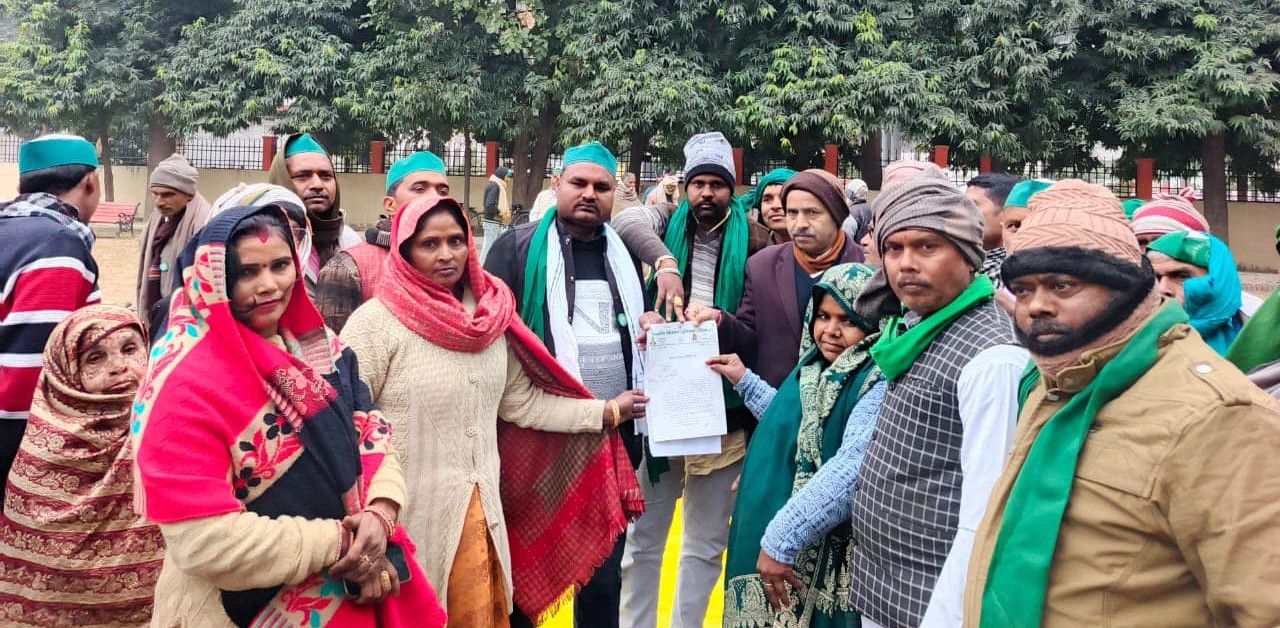
On the 7th of January, in response to a call issued by the Bhartiya Kisan Union (BKU), peasant unions in several states carried out a nationwide coordinated effort to submit farmers’ memoranda to different district administrative headquarters, listing a series of demands currently affecting small-scale producers in the country. The letter was also submitted to the President of India, urging immediate action on a range of critical issues affecting the nation’s farmers.
In a statement posted on its official Facebook page, the BKU emphasized that despite two decades of nationwide mobilizations, the government has failed to implement a legally guaranteed Minimum Support Price (MSP) that is at least 50% above the comprehensive cost of production. The union pointed out that this longstanding demand remains unmet, even as a prominent peasant union leader has been on a hunger strike for over a month to secure legal assurance for MSP. The BKU expressed solidarity with the hunger striker and urgently called on the government to address this issue.
In addition to the MSP demand, they have raised concerns about the ongoing sugarcane payment backlog, which has deepened the financial crisis faced by rural peasant families. The unions have also called for a comprehensive farm loan waiver to alleviate the growing burden of rural debt.
The unions are advocating for state governments to introduce legislation that supports peasant cooperatives, micro, small, and medium enterprises (MSMEs) through public sector-backed loans and procurement initiatives. They also demand enhanced support for small-scale producers to help them market their goods effectively.
The unions have also called for urgent amendments to the country’s Seed Policy, expressing concern over the rising use of harmful pesticides, which they warn could pose serious risks to public health. They also urged the government to make farming equipment and related items exempt from Goods and Services Tax (GST) and to impose a ban on genetically modified seeds in India.

